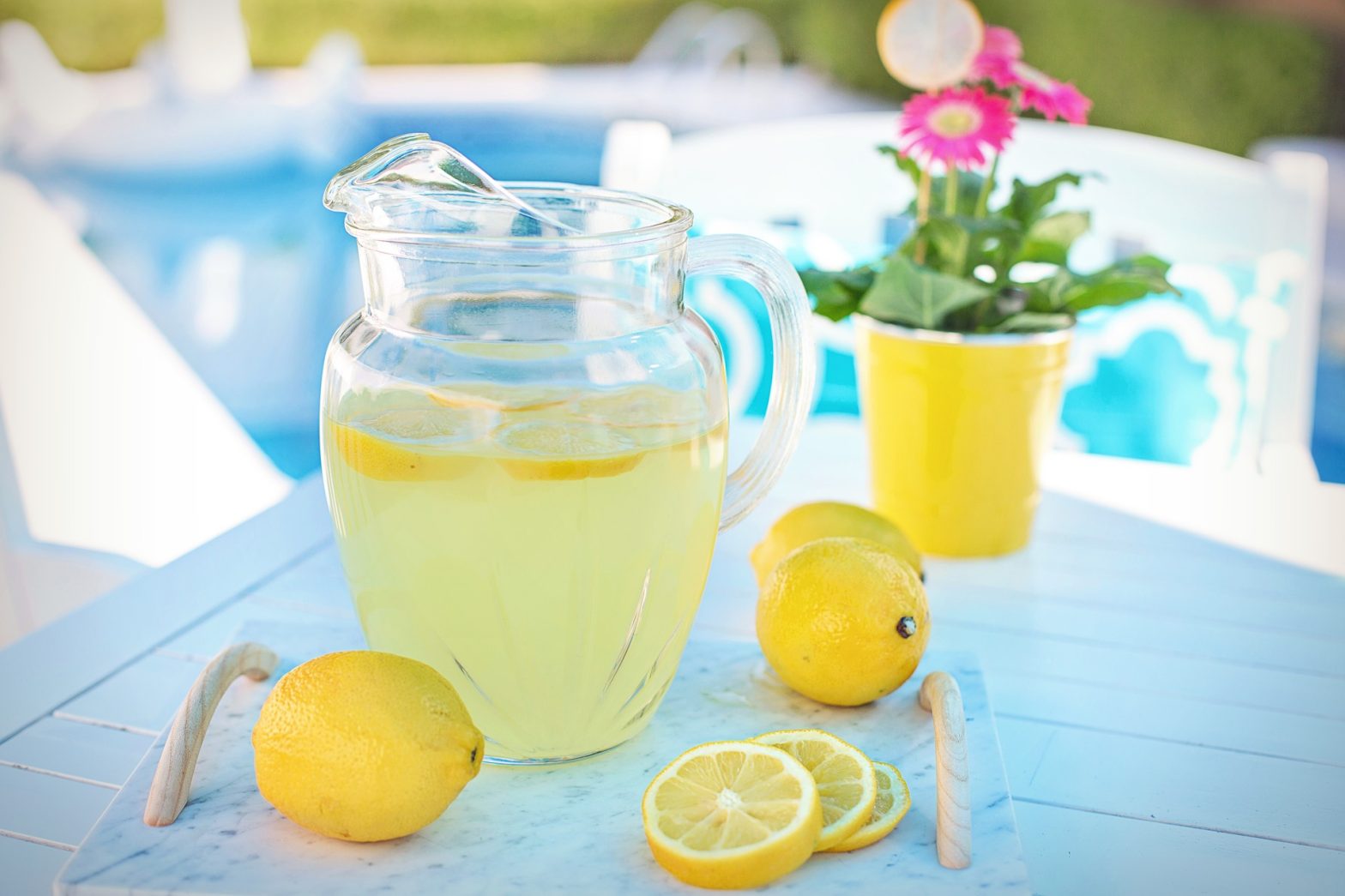Life as a Glass of Lemonade: Lessons for Success From Public Charter School Students
COMMENTARY

Politics in America feels more divisive than ever. These political divisions even impact our schools, where some politicians think traditional schooling is good, while others think nontraditional schooling is bad. At our schools, we’ve learned to think deeply beyond simple right or wrong ideas.
Recent elections have politicized education, including reducing debates to either fund traditional public schools only, or nontraditional public charters are draining their resources.
We’ve learned this is a false choice.
Instead, there’s value in diversity — from ideas, appreciating different school communities and learning approaches — to people, celebrating differences across a student body and teacher workforce. Take it from us and our public charter school experiences.
We Built Our Confidence at Our Schools
Teachers who are there for you, direct mentorship and peer-to-peer cohort learning have showed us that schools like ours are inclusive and can personalize education to meet individual learning needs. Our mentors put themselves in our shoes and we formed meaningful bonds because they were always available when we needed help. Active mentoring creates a sense of school community and offers a cultural exchange that affirms diverse identities and helps students like us build our confidence because we know that our differences are a good thing!
We Learned to Learn at Our Schools
Because our teachers are also our mentors, it often means they aren’t standing in front of a blackboard talking at us. Instead, our schools offered instructional approaches that are hands-on, engaging and made us want to learn more. Our schools also offered a decolonized — not influenced by Western systems — curriculum and implemented project-based learning. PBL allows us to ask more “what if” and “why” questions to solve problems. It encourages curiosity to develop better explanations about the world around us and shapes our identities with new ideas and experiences. Learning concepts in unconventional ways made classwork feel interesting, relevant, fun and, importantly, helped us master tough subjects like math.
We Grew and Matured at Our Schools
With our newfound self-confidence and ambition, going to college is not merely a possibility, it’s a very realistic goal. We were actively involved in college and career planning so that we’re prepared to get into — and finish — school. We had the support to take on important responsibilities like sending our college applications off on time because we had engaged teachers that checked in and created a culture where everyone in the building was on the same page. During the hard times of the pandemic, having someone to talk to was critical to our successful acceptance into college, including California Lutheran University, Howard University and the University of Washington.
We Believe We Are Successful Because of Our Schools
Our supportive school communities are filled with caring teachers and staff involved in active mentorship and empowered to create personalized learning opportunities. These learning conditions enabled us to help build a culture and environment that is welcoming to all people and that has transformed our lives. As a result of our positive school environment, we felt prepared to take on class assignments and demonstrate knowledge and skills from projects while feeling comfortable asking questions.
The Adage About Life, Lemons and Lemonade
Lemon juice symbolizes the hardships, struggles and pain we’ve experienced in our lives. We think the education we’ve received is the sugar that makes a future full of sweet success. Each of us is grateful that we could choose the public school option that best fit our needs and helped us turn our lemons into lemonade.
But the recipe for success is different for different students. Over the last two school years, more than 240,000 students across 42 states were newly enrolled in public charter schools — a 7% increase. It seems there is agreement that our public school system is filled with students who have diverse needs, strengths and identities.
The challenge now is making tired political arguments a thing of the past by supporting a diverse public school system that has options for all kids. Can we do it? Our experience tells us we can.
Jayla Foster and Esther Mumbi both graduated from Summit Atlas in Seattle, Washington. Jayla is currently a freshman at California Lutheran University. Esther is in her first year of college at the University of Washington. Kh’Merrion Kilgore is currently a sophomore at Rainier Valley Leadership Academy, also located in Seattle, Washington.
This op-ed was submitted in coordination with the Washington State Charter Schools Association, a statewide nonprofit organization that advocates for and supports high-quality, student-centered charter public schools that are informed by the strengths and needs of communities. You can learn more at their website or follow them on Twitter @WA_Charters.
Learn more about Jayla, Esther and Kh’Merrion, as well as other students and their schools using the links below:
- Christopher Intanam, Summit Sierra
- Jimena Talamantes & Kamaria Lyles, Summit Sierra
- Kenadie Mullen & Corbin Mead, Lumen High School, Spokane
- Ashly Lopez Esscober, Summit Atlas
- Esther Mumbi, Summit Atlas
- Jayla Foster, Summit Atlas
- Amari Troutt, Innovation High School (PRIDE)
- Aileen, Rainier Prep
- Kh’Merrion Kilgore, Rainier Valley Leadership Academy






















